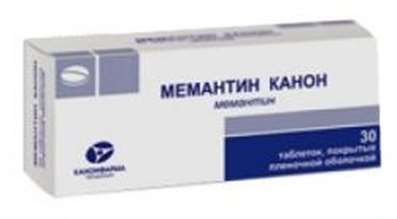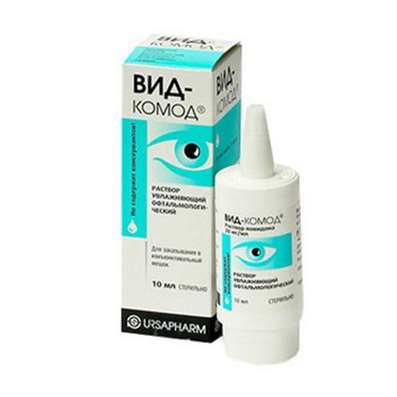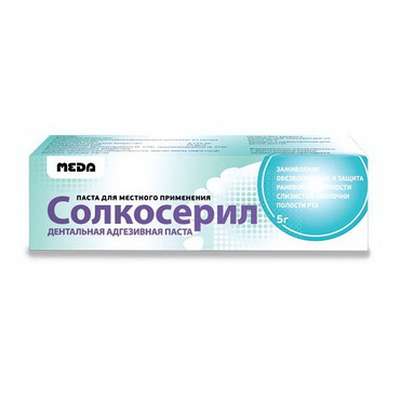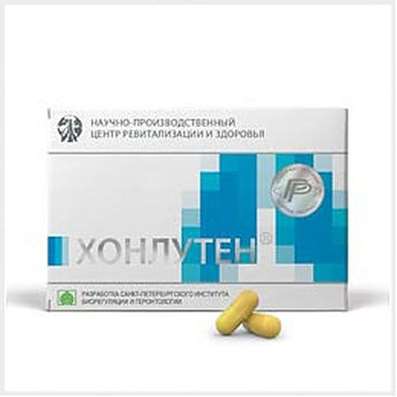Mildronate and Acute diseases of the CNS of VARIOUS GENESIS
10 Oct 2016
One of the fundamental studies on the impact of Mildronate on rehabilitation processes (in the early period - up to 6 months) and improvement in the quality of life of neurological patients was the work on assessing the safety and tolerability of the drug in the recovery period after acute CNS disorders of various origins.
In a randomized, double-blind, placebo-controlled study included patients after acute ischemic and hemorrhagic cerebrovascular events after traumatic brain injury and patients with focal forms of tick-borne encephalitis (comorbidities: hypertension, coronary vessels of the heart (including myocardial infarction ) rhythm disturbances or without and signs of heart failure, diabetes mellitus, acute viral and bacterial infections, gynecological and / or urological disorders, intracranial surgery). Exclusion criteria were: severe disorders of consciousness and memory, severe heart, kidney and liver failure, bleeding disorders, signs of venous brain circulation.
The treatment regimen consisted of:
- Mildronate 300 mg 2 times a day orally (Group 1) for 4 weeks (against the background of basic therapy, except nootropics, CNS stimulant drugs and anabolic steroids);
- Mildronate 500 mg 2 times a day orally (Group 2) for 4 weeks (against the background of basic therapy, except nootropics, CNS stimulant drugs and anabolic steroids);
- Mildronate 1000 mg 2 times a day orally (3rd group) for 4 weeks (against the background of basic therapy, except nootropics, CNS stimulant drugs and anabolic steroids);
- The placebo group (Group 4) - only basic therapy.
The results significantly (p <0.05) showed that Mildronate (Meldonium) helps to improve the quality of life in the early period of rehabilitation after acute CNS diseases, which arise as a result of focal lesions of the brain. The improvement seen in the significant increase in physical performance and recovery of functional independence. Mildronate promotes regression of focal brain lesions in patients with symptoms of neurological deficit, is effective in the treatment of chronic heart failure, does not cause serious side effects, is safe. Mildronats recommended to include in the combination therapy of neurological patients, especially in the period of rehabilitation after acute diseases; optimal daily dose - 1000 mg per day.

 Cart
Cart





